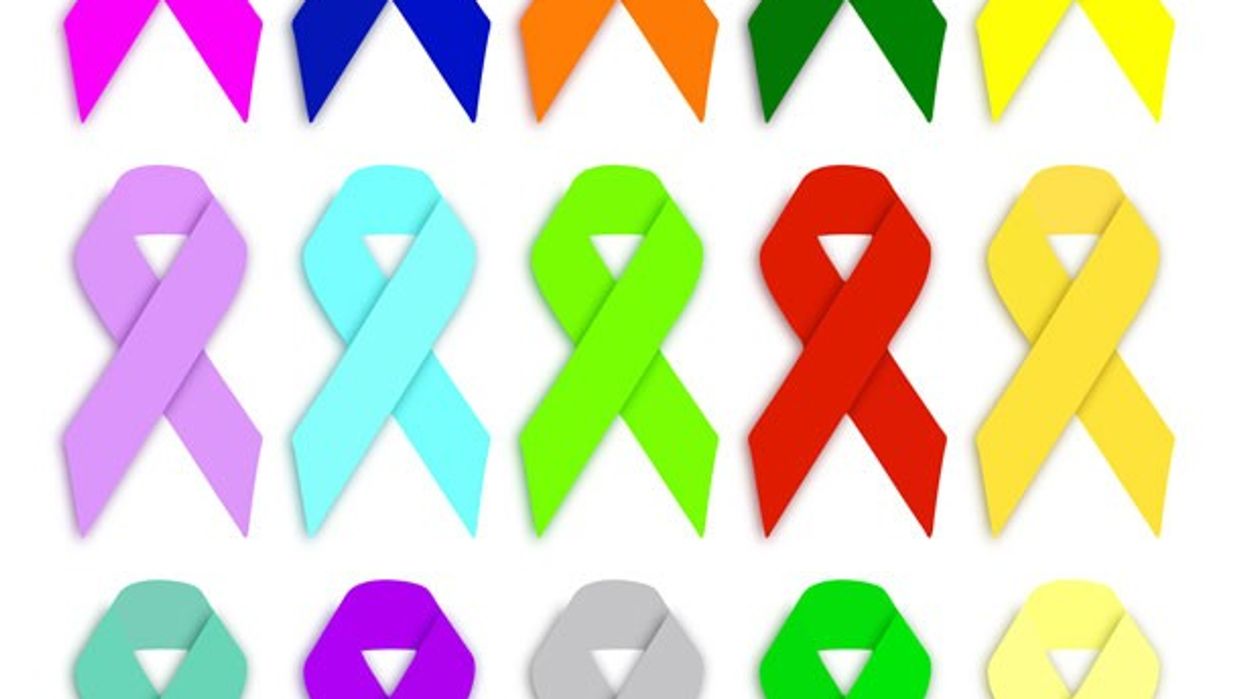True well-being is more than being fit. It involves mental, emotional, and spiritual health as well. For Black women, the contours of women’s health care often involve addressing certain complexities that pose additional barriers to their overall health. Looking at health in the construct of Black women’s lives demands an integration of the mind, body, and soul that shifts the focus from illness to wellness to health promotion and optimal quality of life throughout all life stages.
Taking ownership of self-care behaviors, spending effort on fights for health equity, and making decisions that enhance well-being and health are some of the changes that one can make in women’s health. This will be a new approach as this will foster caring for themselves meaningfully. This article will show how Black women can take care of themselves by examining these three components in more detail.
The Mind: Mental and Emotional Health
Mental and emotional health remains among the most important areas of women‘s health and when it comes to being treated, it is ignored completely. Black women, for example, confront multiple sources of stress like racism and anti-blackness, sexism, classism, and other forms of social oppression that adversely impact wellbeing.
Breaking the Stigma Around Mental Health
Faced with cultural practices and historical distrust of the medical system, seeking mental health support can be a challenge for many Black women. Acknowledging and addressing any mental health concerns is critical in achieving optimal health and well-being. Therapy, counseling, and support groups help manage feelings, work through trauma, and learn how to cope emotionally.
Moreover, meditation, journaling, breathing exercises, and other forms of stress relief can help with emotional regulation and clarity. Offering or seeking help for mental health issues is a sign of strength, not weakness.
Managing Stress and Anxiety
Chronic stress is linked to so many women’s health concerns, as it negatively impacts immune function as well as heart health. Anxiety and depression often stem from prolonged stress. Juggling as caregivers, professionals, community leaders, and mothers, Black women often experience burnout.
To overcome this consider:
●Setting boundaries: Learning how and when to say no can be beneficial in preserving your emotional energy.
●Practicing mindfulness: Simple things like yoga, prayer or deep breathing exercises can help foster feelings of calmness.
●Engaging in creative outlets: Therapeutic as it might sound, expressive activities like writing, painting, and dancing can be immensely helpful.
The Body: Toughening Up on Wellness and Strength
For an all-encompassing Black woman’s health, physical wellness, nutrition, exercise, and preventative treatments must be included as key components.
Nutrition:
Everyday choices influence the outcomes of our health, and food should be viewed as sustenance. A diet consisting primarily of whole and nutrient-dense foods facilitates optimal immune system, cardiac, and hormonal activity.
Important Black women’s nutrition factors include:
●Foods Protective of the Heart: Black women are at a much higher risk for cardiovascular disease. The consumption of salmon, walnuts, and flax seeds would mitigate such disease and contain Omega 3s.
●Foods containing Iron: A large number of Black women are at greater risk of iron-deficient anemia. Healthy iron levels can be obtained through consuming legumes, lean meats, and leafy greens.
●Foods Specific for Reducing Inflammation: Diabetes and autoimmune diseases are a by-product of chronic inflammation. Inflammation can be eliminated by the use of turmeric, berries, and green tea.
Exercise:
Chronic disease prevention, mood improvement, and even increased energy can all be facilitated by exercise, which everyone, regardless of physical shape should be able to enjoy. Even dance, swimming, and brisk walking have tremendous benefits for women’s health.
Incorporating movement as part of one’s daily life does not have to be stressful. Here are some simple tips:
Using the stairs instead of the elevator
●Stretching or doing yoga first thing in the morning
●Taking short walks during work hours
●Engaging in fun hobbies such as dancing or hiking
Regular Checkups and Preventive Care
Staying on top of routine doctor’s visits is important for women’s health care. Multiple diseases, such as breast cancer, hypertension, and diabetes, have a disproportionate effect on Black women. These women need to be proactive about taking preventive screenings as problems, if any, can be identified and treated on time.
Some of these screenings include:
●Mammograms for breast cancer
●Pap smears for cervical cancer
●Blood Pressure checks for heart health
●Diabetes screening
Self-advocacy in a medical situation is critical. A better provider for Black women is someone who actually listens, takes them seriously, and knows the culture.
The Soul: Nurturing Spiritual and Emotional Well-Being
Nurturing the Soul is important as much as nurturing the mind and body. Spiritual wellness provides a sense of purpose and strength and can be achieved through faith, personal reflection, or connection to the community.
Faith and Connection to Spirituality
Many Black women consider faith significant in achieving wellness. Prayer, meditation, and faith community services can be helpful to maintain calm during stressful periods. Mental health problems, stress, and life satisfaction can be improved by spirituality according to research findings.
Building a Network of Necessary and Sufficient Relationships
Positive and healthy relationships are prerequisites of emotional and spiritual health. Surrounding yourself with positive, supportive people such as family and friends can assist greatly in coping with life’s challenges. Having people in your life who support and validate you is a wonderful thing.
In addition, participation in group activities such as women's circles or wellness retreats fosters a sense of community and shared experiences conducive to well-being.
Self-Care and Other Restorative Activities
Self-care includes whatever helps you feel better, and should not be considered a rare treat. Greater-bodied self-care includes ensuring greater internal and external emergence, sleep, hobbies, and education.
Some self-care techniques are:
●Journaling: Writing feelings, thoughts, and acts of appreciation can be motivating as well.
●Withholding work: Reducing working hours in a timeframe, especially during summer, to prevent work burnout.
Overcoming Barriers to Holistic Health
While holistic well-being is important, women of color particularly Black women encounter barriers to optimal women’s healthcare. These barriers include the following:
●Health disparities: The absence of quality care coupled with racism in medicine makes diagnosis and treatment very challenging for many black women.
●Economic challenges: Financial constraints can limit access to healthy food, gym, and even therapeutic services.
●Time deprivation: Balancing work and family alongside personal commitments does not allow time for self-care.
A holistic approach to women’s health as with Black women’s health requires consideration of the interconnection between the mind, body, and spirit. In caring for Black women’s health, the focus on mental health, physical health, and spiritual health creates a strong foundation for overall wellness.
Black women now more than ever need to reclaim their health and live fully by supporting equitable women’s health services, actively looking for culturally sensitive practitioners, and making self-care a priority. Movement, nutrition, meditation, and even faith are different forms of wellness, which is a lifelong journey to be nurtured with intention, love, and empowerment.
References
- American Heart Association (2023). Cardiovascular Health Risks in Black Women. Retrieved March 10, 2025, from www.heart.org
- Black Women’s Health Imperative (2023). The State of Black Women's Health: A Holistic Approach. Retrieved March 10, 2025, from www.bwhi.org
- National Institute on Minority Health and Health Disparities (2023). Health Disparities Among Black Women in the U.S. Retrieved March 10, 2025, from www.nimhd.nih.gov








 Karla Mingo believes that her greatest gift as a cancer survivor is the ability to live with gratitude and thankfulness.
Karla Mingo believes that her greatest gift as a cancer survivor is the ability to live with gratitude and thankfulness.



